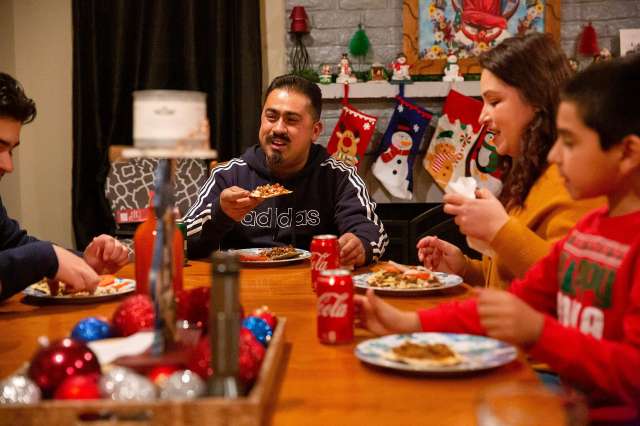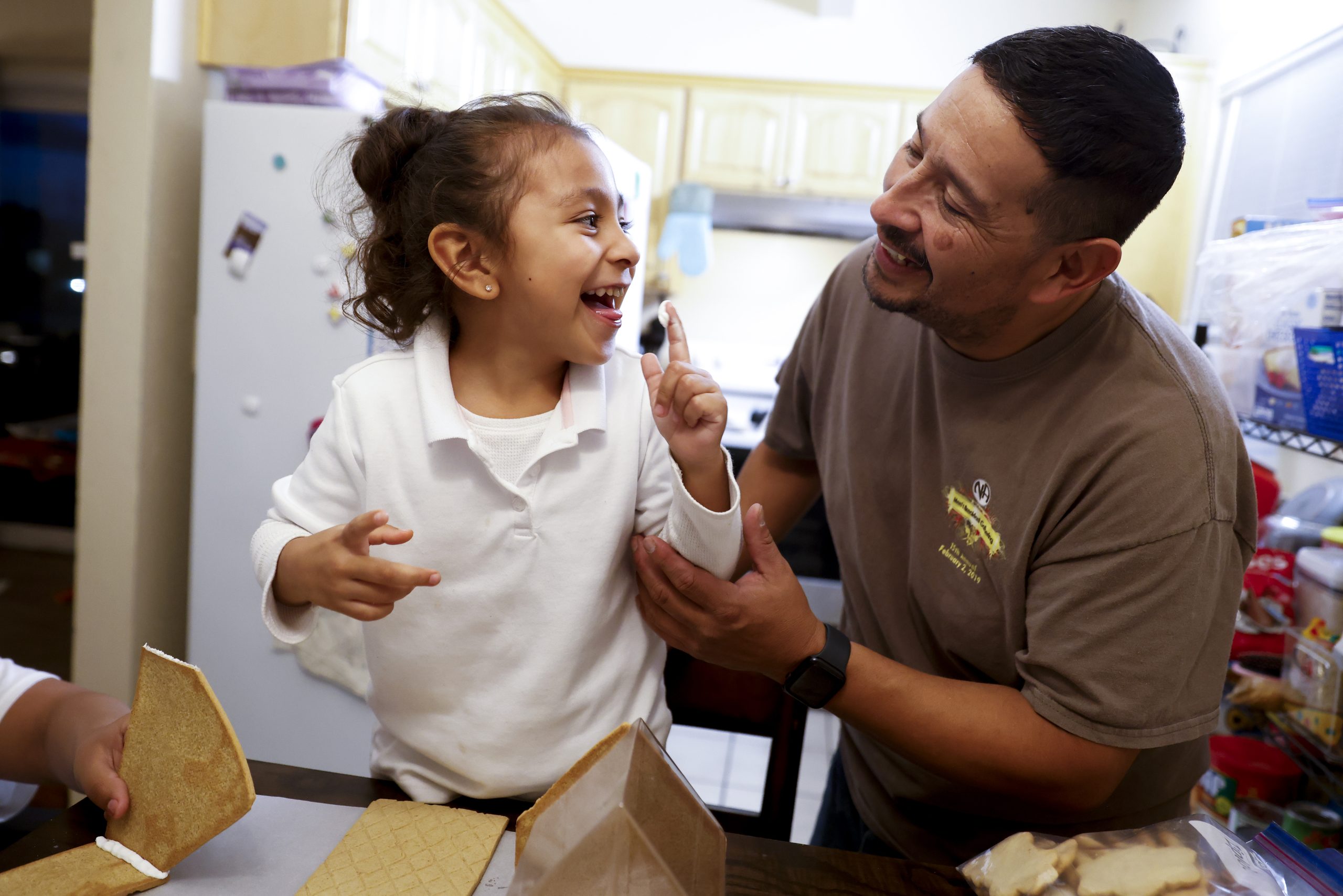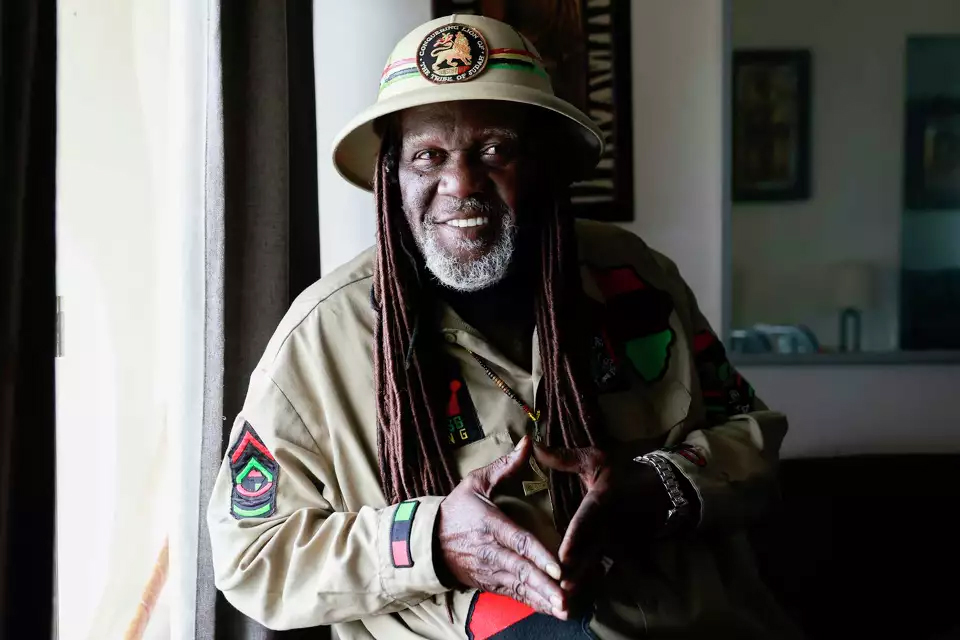Prior to the vaccine being available, and both parents essential workers, the family was hit hard by the pandemic. Listen as Janet describes what her family experienced and how they are doing today.
When Janet Magana de Cuevas took her husband to Alta Bates Summit Medical Center in Berkeley because he was struggling to breathe, a doctor took one look at her and said she, too, needed to be checked into a room.
Cuevas had COVID-19, just like her husband. Her five kids at home in Vallejo, all between the ages of 8 and 21, had the virus as well, but with milder symptoms. Her entire family was sick, she realized, and while she and her husband were in adjacent hospital rooms trying to recover, her children were miles away, running low on money for food.
“I didn’t know what to do. I didn’t know what was going to happen to me, to my husband, to the kids because we weren’t at home to help them,” she said of the late March hospital stay. “Luckily, my 21-year-old daughter was there to look after the rest of them, but even she was calling and saying how bills were coming in and that we had run out of the little bit of money we had saved for emergencies.”
“You get depressed with all of this — being broke, being sick, not knowing what you’re going to do, and your debt keeps getting bigger…”
Cuevas and her husband left the hospital within two weeks, but both continued testing positive for the virus for several weeks after, which kept her from being able to return to work at Sutter Health, and him at a grocery store in the East Bay. Meanwhile, the bills kept piling up.
Cuevas said she went as far as taking out a title loan on her daughter’s car, and now she owes $6,000 on it, while the car “most likely isn’t worth $3,000.” It was just one of many steps into unfamiliar territory for Cuevas, who said before she and her husband were hospitalized and forced to miss work, they didn’t have any outstanding debts.
“Now, it seems like we owe money everywhere,” she said. “You get depressed with all of this — being broke, being sick, not knowing what you’re going to do, and your debt keeps getting bigger,” she said. “It’s a lot to deal with in a short amount of time.”

With the hospital stay behind her, Cuevas said she often thinks about how her home is the place where her family, including distant relatives, often come to celebrate holidays and birthdays. With more socially distanced family experiences these days, and with money still tight, “a smaller-than-normal Christmas” is around the corner for the kids, she said. But everyone is content with having their health.
The small feeling of normalcy wouldn’t have been possible without Season of Sharing, Cuevas said.
“We still have a long way to go to kind of catch up on bills and things like that, but we’re in a better place than before,” she said. “In the hospital, I was thinking about how I didn’t want to die. I didn’t want my husband to die. And now we still have our home, and we’re figuring out how to make it all work.”
Reach Justin Phillips: jphillips@sfchronicle.com; X: @JustMrPhillips

At Season of Sharing Fund, we believe that an unexpected financial crisis should never mean losing your home. Preventing homelessness isn’t just kind—it’s also the most effective way to keep our communities thriving. 100% of your donation keeps Bay Area residents housed, cared for and nourished.






